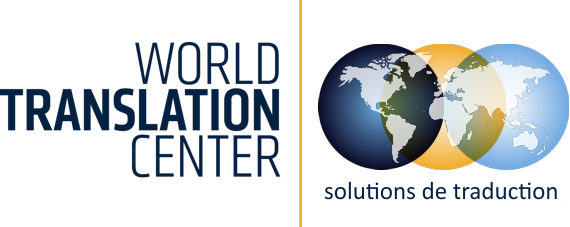WORLD TRANSLATION CENTER EST UN IMPORTANT PRESTATAIRE DE SERVICES LINGUISTIQUES ET D’ENREGISTREMENT VOCAL FAISANT APPEL À DES PROFESSIONNELS SITUÉS DANS LE MONDE ENTIER.
Recent Blog Posts
What is translation?
Just a few days ago, I received this saying in my inbox from a friend:
To understand another language and to translate accurately and stylishly requires being able to think in that language. It is not enough to have learned it in school, you need to have lived in that country and be able to understand jokes, puns and homophones. When you understand jokes, puns and homophones and can translate them into your language so that they turn out as jokes, puns and homophones, then you can call yourself an expert translator.
A click away…
These days, everything you always wanted to know is only a click away.
Not long ago, when you needed to research a subject, you had to go to the library and spend hours looking for the right book or books. Once you found the results, you did not just glance at it, but checked out the book for a few weeks and took it home to study thoroughly.
Now, you can read two lines and move to the next site and get an idea of what you are looking for within a few minutes.
Language of Economic Crisis
The difficult economic times of the past years have spawned completely new terms throughout Europe that have been added to the official dictionaries of countries and will no doubt continue to be associated with the era in which they were created. This new terminology reflects with dark humor Europe’s enduring economic troubles.


